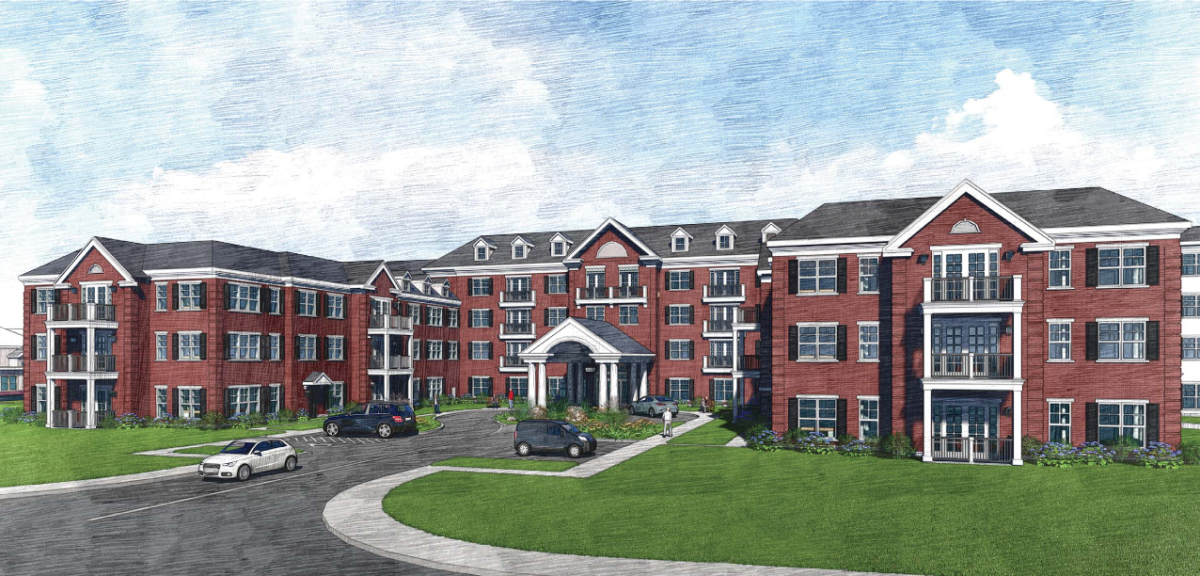Brookridge Funding Corp. of Danbury has won a $2.8 million court decision involving financing it extended to build a stadium in Pennsylvania for a nomadic minor-league baseball team.
Invoice-factoring companies like Brookridge purchase corporate invoices and orders for 70 percent to 80 percent of their cash value; upon delivery of the merchandise, invoice-factoring firms pay up the balance minus a fee for the service.
Brookridge”™s fee can be up to 13 percent of the invoice total, depending on how long it takes the company to collect the money.
Besides allowing cash-strapped companies to fill their coffers immediately, invoice-factoring clients can immediately pay off suppliers and so obtain discounts on their purchases.
In 2005, the most recent year for which statistics are available from the Commercial Finance Association, U.S. factoring companies did $113 billion in volume, a 9.3 percent increase over 2004. Some $80 billion of that amount involved financing for retailers.
Brookridge was started in 1987 by John McNiff and Michael Hilton, and today does hundreds of transactions monthly and more than $35 million in business annually.
“We got into it because a lot of the people we knew had found their business credit had disappeared,” McNiff said. “All the banks were consolidating. There just wasn”™t any small-business financing available. If you needed a loan for $1 million or $500,000, no one was interested in you. A lot of business credit was disguised as personal credit, where you had to put your house up (as collateral).”
Given that they are purchasing a company”™s invoices rather than extending a loan, factoring firms pay less attention to a client”™s credit than vetting them for any past fraudulent activities that could affect the factoring firm”™s collection of moneys owed it. The Pennsylvania deal was much larger than a typical Brookridge purchase; construction projects are the trickiest the company undertakes.
Brookridge decided to proceed based on the deep pockets and reputation of the borrower Northwestern Human Services Inc. (NHS), a Lafayette Hill, Pa., nonprofit agency that runs programs for people with autism, drug dependencies and other challenges.
NHS held an ownership interest in the Lehigh Valley Black Diamonds, which achieved 15 minutes of fame in 1999 when the baseball team played its entire 126-game Atlantic League schedule on the road. The independent minor league allowed the arrangement to ensure it had an even eight teams for the season, including the Bridgeport Bluefish.
NHS and the ownership group began building a $15 million stadium for the Black Diamonds in Williams Township, Pa., but yanked funding for the project before its completion. The ownership group filed for bankruptcy owing $3 million, a stunning development for local fans and economic developers given NHS”™ annual revenue which is more than $250 million today.
Unsecured creditors included 130 people owed a total $50,000 for season tickets they had purchased for the 6,400-seat stadium under way.
NHS sold off the property in 2004 for $2.5 million; the skeletal ballpark was demolished the following year.
“This made no sense ”“ they were a big company. They do good things in the community,” McNiff said. “The biggest disgrace in this was that it took us seven years to collect.”
While Brookridge secured the full amount it was owed by the ownership group, McNiff said the company lost money on the deal after factoring in legal fees and opportunity costs.
Invoice-factoring company wins $2.8M court decision
0
Leave a Reply Cancel reply
World News
CNN WIRE — Funding agreement avoids government shutdown: VIDEO
By Katie Lobosco and Tami Luhby, CNN (CNN) — The Senate approved a slimmed-down, temporary government spending plan early Saturday...
No Result
View All Result
Latest News
A new dawn for Rye Brook project with Sunrise Senior Living stepping in
The development of a senior living facility at 900 King St. in Rye Brook that was approved...



















